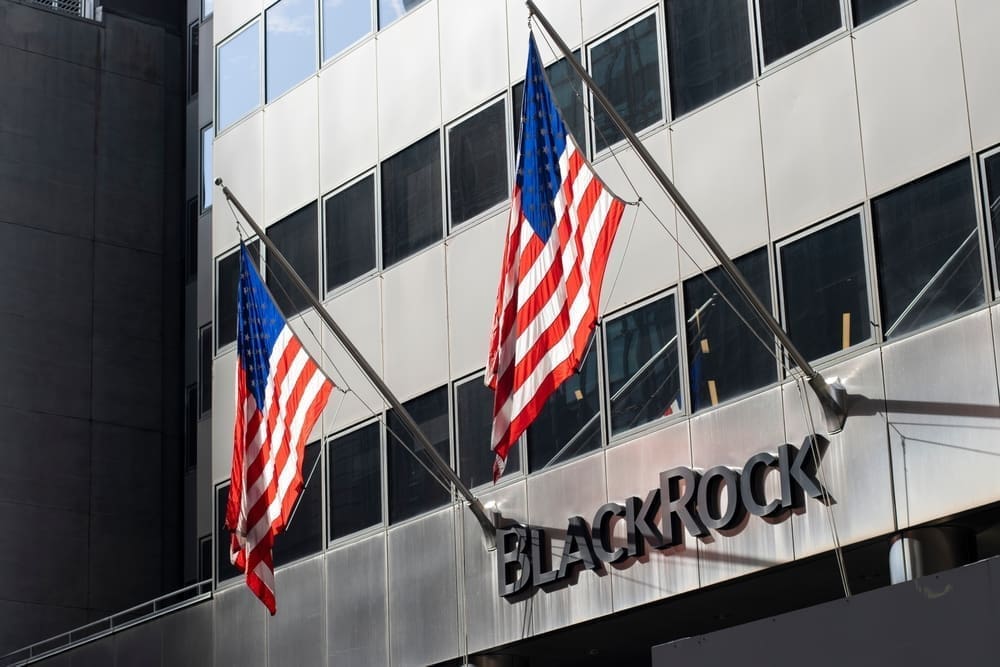Executive Summary
- BlackRock’s iShares Bitcoin Trust (IBIT) closely mirrors Bitcoin’s performance, offering regulated and accessible exposure to the cryptocurrency with a 0.25% annual fee.
- IBIT provides benefits such as enhanced shareholder protection, ease of trading through brokerage accounts, delegated technical management of Bitcoin, and simplified tax reporting.
- The downsides of IBIT include an annual management fee, increased counterparty risks involving BlackRock and its custodian, and the inability to use Bitcoin as a currency or participate in on-chain events like hard forks.
The Story So Far
- BlackRock’s iShares Bitcoin Trust (IBIT) was created to meet investor demand for a regulated and accessible way to gain exposure to Bitcoin, offering a traditional investment vehicle that mirrors the cryptocurrency’s price performance while simplifying the investment process and providing shareholder protections, though it introduces fees and counterparty risks not present with direct Bitcoin ownership.
Why This Matters
- The BlackRock iShares Bitcoin Trust (IBIT) significantly enhances Bitcoin’s accessibility for mainstream investors by offering a regulated, simplified investment vehicle through traditional brokerage accounts, potentially fostering broader institutional adoption and further legitimizing the cryptocurrency as an asset class. However, this convenience comes with trade-offs, including an annual management fee and additional counterparty risks, and fundamentally detaches investors from the direct utility of Bitcoin, such as its use as a currency or participation in on-chain events, thereby creating a distinct investment profile that prioritizes ease of access over direct control and full cryptocurrency functionality.
Who Thinks What?
- Investors seeking regulated and accessible exposure to Bitcoin view BlackRock’s iShares Bitcoin Trust (IBIT) as beneficial due to shareholder protection, ease of trading through brokerage accounts, delegation of technical management, simpler tax reporting, and fractional ownership.
- Conversely, investors prioritizing full cryptocurrency utility and lower costs see drawbacks in IBIT, including annual management fees, additional counterparty risks, and the inability to use Bitcoin as currency or participate in on-chain events like hard forks.
- BlackRock recommends limiting Bitcoin exposure, whether direct or via ETFs, to 2% or less of a total portfolio, citing the asset’s high-risk, high-volatility nature.
BlackRock’s iShares Bitcoin Trust (IBIT) has closely mirrored the performance of Bitcoin since its inception, offering investors a regulated and accessible avenue to gain exposure to the leading cryptocurrency. While the spot Bitcoin exchange-traded fund (ETF) provides a near-identical price trajectory to the underlying asset, it presents a distinct set of advantages and disadvantages compared to direct Bitcoin ownership, according to recent analysis.
Performance and Fees
IBIT’s performance has closely tracked Bitcoin, with both gaining approximately 141% since the ETF’s launch, as of August 19. The fund charges a modest sponsor fee of 0.25% annually, which contributes to BlackRock’s revenue for managing the popular investment vehicle. Despite this fee, long-term price charts show minimal divergence between the ETF and the cryptocurrency itself.
Benefits of ETF Ownership
Investing in a spot Bitcoin ETF like IBIT introduces several benefits, including an added layer of shareholder protection due to financial filing requirements and regulatory oversight. Furthermore, these ETFs can be bought and sold through ordinary stock brokerage accounts, similar to traditional equities, simplifying the investment process for many.
The ETF structure also allows investors to delegate technical aspects of Bitcoin ownership, such as encryption key management and data security, to the fund manager. Tax reporting for ETF ownership is generally considered simpler, and with Bitcoin currently priced significantly higher per coin, IBIT offers fractional ownership at a more accessible share price.
Risks and Downsides
However, the convenience of the iShares ETF comes with its own set of considerations. The annual management fee, while small, represents an additional cost that can incrementally reduce returns over extended holding periods. Moreover, the multi-layered ETF structure introduces additional counterparty risks, involving entities like BlackRock and its custodian, Coinbase Global, which holds the actual Bitcoin.
Unlike direct Bitcoin ownership, holding shares in the ETF does not confer the ability to use Bitcoin as a currency or participate in on-chain events such as hard forks. This distinction means ETF shareholders do not have access to the full range of functionalities and benefits associated with holding the actual cryptocurrency.
Ultimately, while the iShares Bitcoin Trust offers a highly correlated and convenient investment vehicle for Bitcoin exposure, investors must weigh its benefits against the inherent risks and lack of direct cryptocurrency utility. BlackRock itself recommends limiting Bitcoin exposure, whether direct or via ETFs, to 2% or less of a total portfolio value, underscoring the asset’s high-risk, high-volatility nature despite its long-term appeal.








